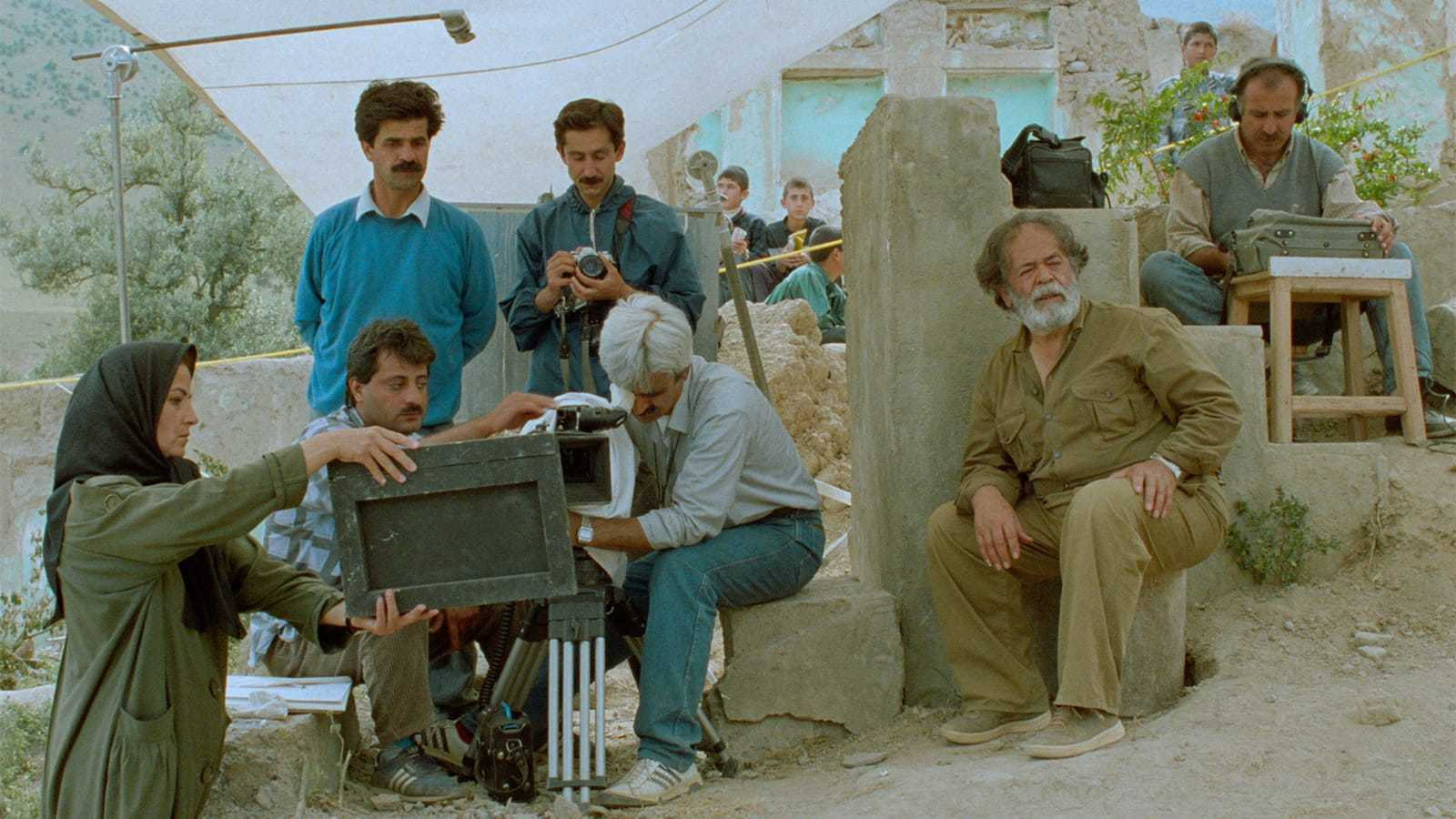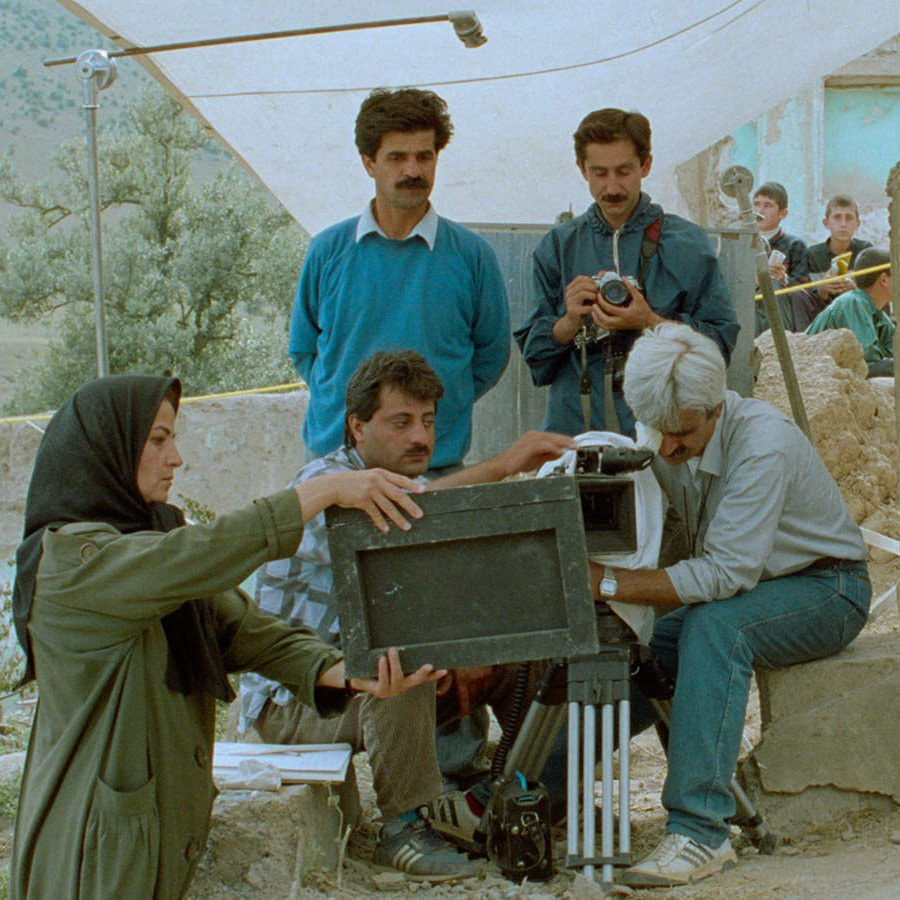Iranian cinema researcher Ekaterina Dolinina will trace how Iranian new wave filmmakers sought a balance between art and ideology in their works.
Since the advent of cinema in Iran in the early 1900s, it has had a troubled fate. The repertoire of the film industry, controlled by different countries at different times, included foreign films or productions traced over from Western analogues, forcing several generations of Iranian filmmakers to seek their own ways of developing the industry by balancing between the prohibitions of the Islamic clergy and the secular censorship of the Shah. Whereas before the Islamic Revolution Abbas Kiarostami’s movies could be banned because of scenes featuring a female teacher wearing a hijab, after 1979 the situation turned completely opposite: taking into account the requirements of Sharia, it was no longer possible for a woman to appear onscreen with her head uncovered.
Ekaterina Dolinina will explain how, following the Islamic Revolution and against the background of the lengthy war with Iraq, directors of the Iranian new wave coped with total isolation and reinvented the national cinematic language.
The lecture is part of the public program accompanying Garage Screen’s Abbas Kiarostami retrospective Film and Nothing More….


